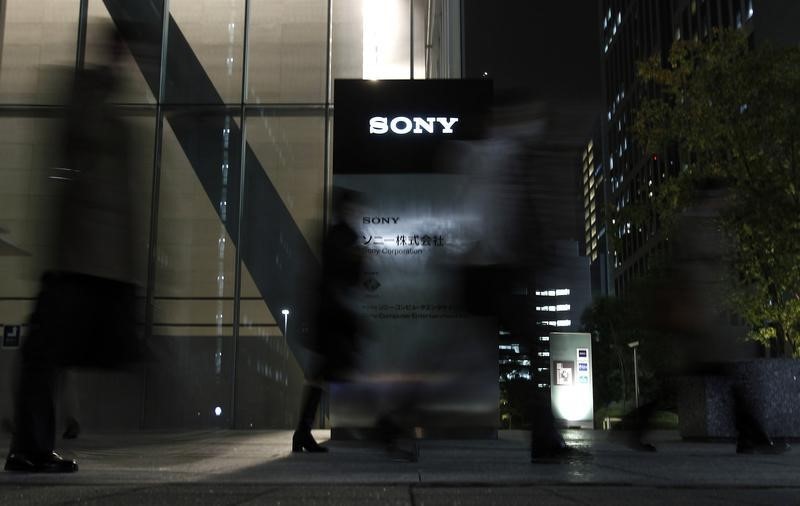By Lisa Richwine
LOS ANGELES (Reuters) - Sony Corp's movie studio could face tens of millions of dollars in costs from the massive computer hack that hobbled its operations and exposed sensitive data, according to cybersecurity experts who have studied past breaches.
The tab will be less than the $171 million (£109.1 million) Sony estimated for the breach of its Playstation Network in 2011 because it does not appear to involve customer data, the experts said.
Major costs for the attack by unidentified hackers include the investigation into what happened, computer repair or replacement, and steps to prevent a future attack. Lost productivity while operations were disrupted will add to the price tag.
The attack, believed to be the worst of its type on a company on U.S. soil, also hits Sony's reputation for a perceived failure to safeguard information, said Jim Lewis, senior fellow at the Center for Strategic and International Studies.
"Usually, people get over it, but it does have a short-term effect," said Lewis, who estimated costs for Sony could stretch to $100 million.
It typically takes at least six months after a breach to determine the full financial impact, Lewis said.
Sony has declined to estimate costs, saying it was still assessing the impact.
The company has insurance to cover data breaches, a person familiar with the matter said. Cybersecurity insurance typically reimburses only a portion of costs from hacking incidents, experts said.
People claiming responsibility for the attack posted yet-to-be-released Sony films online, including holiday musical "Annie." Macquarie Research analysts projected Sony would likely take an impairment charge of 10 billion yen (£53.2 million) related to the incident.
Mark Rasch, a former federal cyber crimes prosecutor, estimated costs could run up to $70 million.
Losses in that range would not mean a big financial setback to Sony Pictures Entertainment, which reported operating profit of $501 million for the fiscal year through March.
But other effects, such as the loss of trade secrets, will be difficult to measure, Rasch said. Hackers have released a trove of documents that include contracts and marketing plans that could influence competitors' strategies.
Costs could mount if Hollywood stars, producers or financiers decide to take projects to Sony's competitors.

"Will they be able to attract high-name stars if those stars believe their personal information will not be protected?" he said. "How do you know what business opportunities are lost? It's hard to put a dollar figure on it."
(Editing by Mary Milliken and Jonathan Oatis)